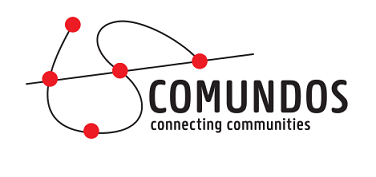The Importance of Agroecology

This is in the Kirimiro region of Burundi. I will be helping out the rural communities for some time.
In the past, large quantities of chemical fertiliser were used to produce a greater harvest. Because of an interventionist policy of popularisation, farmers gradually abandoned the methods handed down to them by their ancestors.
These methods traditionally involved the use of manure. We are now witnessing the detrimental effects of the overuse of fertilisers.
Land has become acidified, making it less fertile and causing a drop in yield. The fall in crop sizes has resulted in periods of scarcity, even famine.
Agroecology will provide sustainable solutions to help restore soil fertility and increase the harvest again, while also preserving biodiversity.
One of the solutions I am putting forward is called ‘accelerated composting’ and is carried out by following these five steps:

First, you measure out a 3m x 5m area and dig a pit 1.5m deep.
Then you need to collect plant matter and agricultural waste, which will be used to fill the pit.
Fill the pit in 20cm sections separated by layers of ash and/or cow dung. Small droppings can also be used.
Keep adding layers of plant matter and don’t forget to water it each time before moving onto the next layer.
Finally, top it all off with a layer of arable land.
The process of decomposition takes about 30 days, at which point you should extract the compost from the pit.
The compost can then be stored either in another pit, or kept under a shelter.
When you want to use the compost on a plot of land, it can either be parcelled out and placed in small pockets in the soil, or simply spread across the surface of the field.
This process can be repeated as many times as you need.
It will move us one step closer to a more independent and sustainable agricultural system.
This English translation has been possible thanks to the PerMondo project: Free translation of websites and documents for non-profit organisations. A project managed by Mondo Agit. Translator: Andrew Christou.
A gift for Comundos
Over the years, Comundos has helped remote communities around the world by teaching critical thinking, media literacy and the use of communication technology.
To do this effectively, we need your support for computers, translations, courses and social media management.
Thank you .
BE11 1030 2973 8248




